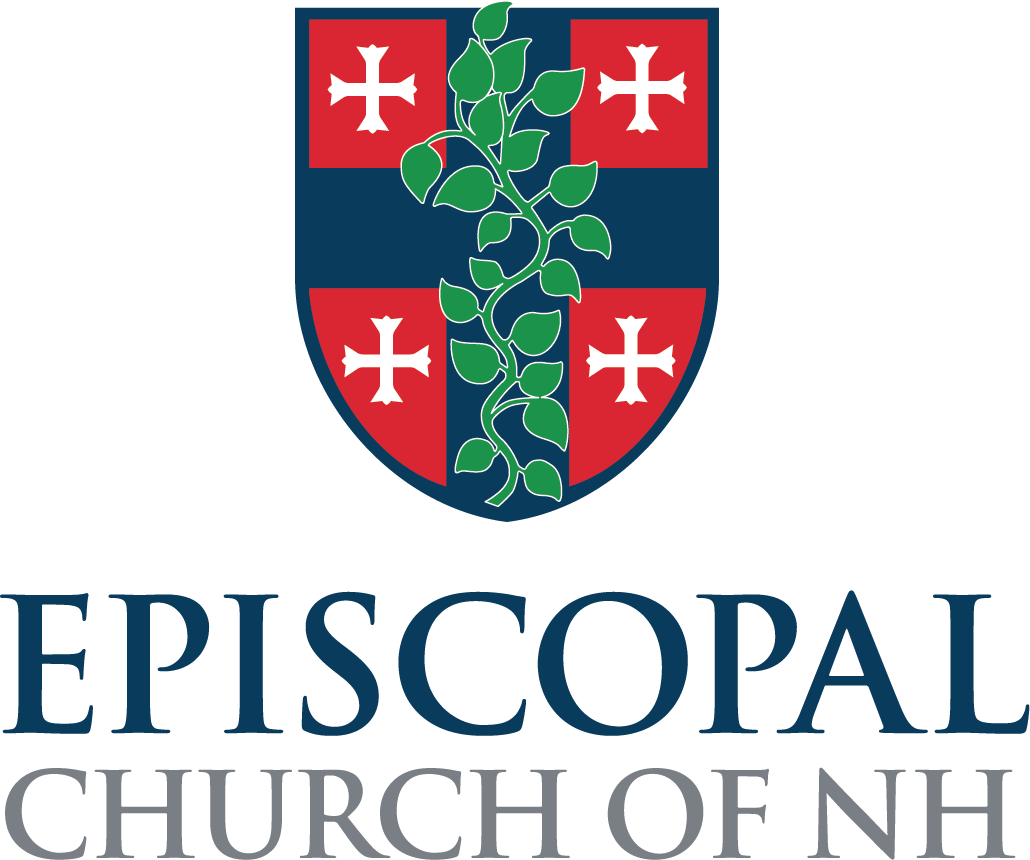Dear sisters and brothers in Christ,
About this matter of aid for God’s people, it is superfluous for me to write to you. I know how eager you are to help and I speak of it with pride to the other dioceses and bishops when I visit them. I know that when you hear of appeals to give, you do so out of a sense of bounty and not because you feel spiritually blackmailed.
‘Remember: sow sparingly, and you will reap sparingly; sow bountifully, and you will reap bountifully. Each person should give as each has decided for oneself. Not out of a sense of reluctance, guilt, or compulsion. We are not about arm-twisting or feeling like we are squeezing blood from a rock, right? God loves a cheerful giver… Our giving is not merely a contribution to the needs of God’s people. Much more than that, God can multiply whatever we give in a flood of thanksgiving to God…Thanks be to God for God’s gift which is beyond all praise!’
Do these words sound at all familiar? I hope you’ve heard a version of them before. They come from Chapter 9 of St. Paul’s Second Letter to the church in Corinth. I confess I’ve done a little paraphrasing and editing to underscore his enthusiasm for the opportunity we have to give.
You read that correctly…Paul’s enthusiasm for the opportunity we have to give. In churches that are thriving and growing and full of the Spirit, people love to give. Anybody who has travelled and worshipped in churches of economically stressed or undeveloped communities will tell you how much the Offertory is the most fun part of the service. In these churches it’s not enough to pass the basket around once during the service. Sometimes it comes around several times, sometimes each time to address a different need within or outside of the community. Often it comes because the people just want the chance to give more. In fact, any eucharistic service, including our tiny mid-week services, that doesn’t invite at least a modest opportunity to give- even just a plate at the back of the church that comes up at the Offertory—doesn’t really make sense in the spirit of the hospitality of God’s Table. Do we come empty-handed when invited to a meal at our neighbors? Money is not the only thing you can bring to the Altar. I remember the exuberance of a predominantly Polish congregation in Brooklyn where I served as a seminarian when links of freshly made sausages came up in the brass plates. (I think they went to the local soup kitchen, but I remember some pretty good pancake breakfasts!) Children in another parish I served brought up crayon drawings in the plate with the same glee as any child might present a work of art and saying, “Look, Ma! Look, Dad, what I made!” Those children knew God delighted in the cheerfulness of their giving.
What would it mean if that same kind of joy of giving was widespread in the Church in New Hampshire. What’s preventing that from happening? I suspect it’s partly because we are infected by the contagion of consumerism. We are more focused on what we are getting from Church rather than what we share. We expect to get value from our dollar, goods or services in return for our investment. Or we give whatever is left in our wallets to the church as opposed to the first fruits, the first that comes in the best we have, the cream of the crop, to our community. Where’s the joy in that? Where is the love?
A member of our family tells the story of overhearing a couple walking down a sidewalk in Manhattan. The woman is animated, clearly frustrated as her companion appears somewhat preoccupied, perhaps sullen and annoyed. She turns to him and says in a loud voice, “I am not talking about the pizza! I’m talking about our RELATIONSHIP!”
I think that’s kind of what Paul is saying to the church in Corinth and to us in New Hampshire when it comes to our giving. We are not talking about money or the budget. We are not talking about the bricks and mortar or the cost of clergy or candles. (Though, like pizza, these things are good and necessary!) We are talking about our relationship… the bonds and links that hold us together. Benevolence, kindness, generosity, prayer, justice, mercy, love. These things are in poor supply in our society, a culture that seems to be disintegrating into coarseness, disparity, and violence before our eyes. It’s not a feeling of blind obligation to give to the church that will renew us, either our church or our society. Rather renewal of our Church will come from the sense that we get to give. We get to share in the same flood of thanksgiving that God releases in our hearts. We get to go ever deeper into our relationship with God and each other in Christ when we give from the top, over the top. “Thanks be to God for God’s gift which is beyond all praise!”
Your brother in Christ, +Rob
